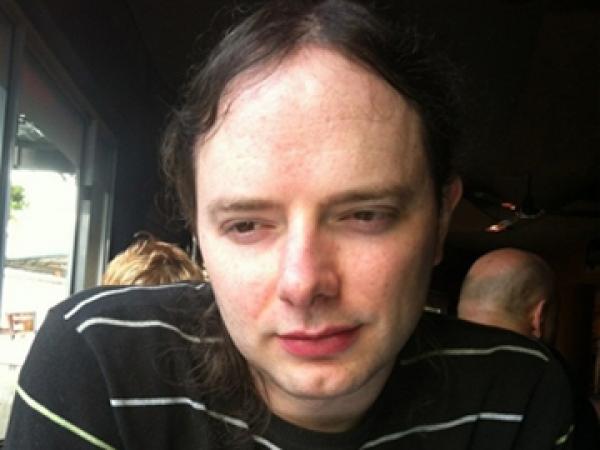Documentary shows Sonke’s struggle

Marcus Low reviews a new documentary about the work of Sonke Gender Justice, You Can’t Just Fold Your Arms.
The Sonke Gender Justice Network made headlines in 2009 when they took then ANC youth league leader Julius Melema to the Equality Court on charges of hate speech. The case involved comments Malema had made to students at the Cape Peninsula University of Technology about the woman who had accused President Jacob Zuma of rape. Malema said that the woman had a “nice time”.
Some of the history of that case, and Sonke’s work more generally, have now been captured in a documentary called You Can’t Just Fold Your Arms. The film is directed by William Nessen. Early in the film, Dean Peacock, Sonke’s director, explains how about a quarter of men have admitted to having rape someone. Rather than focusing on that quarter, he asks what about the other three quarters?
Sonke’s work is to get these other men involved in the fight against gender-based violence – after all, as Peacock points out, most of these men have mothers, sisters and daughters.
One of the main ways in which Sonke does this work is through workshops with men in a programme called One Man Can. This is essentially a massive, coordinated push to speak to men, in their communities, and to challenge the way these men think about gender-based violence.
Sonke’s work is clearly very ambitious. However, it doesn’t always make for riveting viewing. Much of the film is simply footage of presenters standing in front of rooms full of men talking about what it means to be a man or how to protect yourself and your partner against HIV. Most of this talking is done by the energetic Mbuyiselo Botha, partially paralised by a bullet wound from an anti-apartheid protest in 1986, and Patrick Godana, also a struggle veteran. Being a fly on the wall in these workshops provides a valuable insight into the work of the organisation, but it also leaves the narrative wavering at times.
Whereas the film should probably have been ten or 15 minutes shorter, the difficulties isn’t just a matter of cutting-room reluctance. For one thing, the amount of footage available to Nessen was clearly limited. The other obvious challenge Nessem faced was that it is hard to show the success of something like the One Man Can programme. Of course, hearing men talk about how they have changed their mind has some value, but showing that there is actual behaviour change is much harder, especially on screen.
Rather surprisingly, given the subject matter, the film does not spend much time exploring specific cases of gender-based violence. Whereas this more emotive take on gender-based violence has to some extent already been done in Lucilla Blankenberg’s excellent documentary A country for my daughter, it seems strangely absent here. It could be that the film-makers were reluctant to sensationalise or felt that specific cases of gender-based violence would overshadow the narrative. Either way, the film’s handling of gender-based violence is left feeling rather abstract.
Instead, the film is constructed with workshops and the Malema case as its spine. Some stress is put on the idea that Malema’s words, as well as President Zuma’s behaviour, have real consequences. This is an important point, but having a statement made by a political figure as the film’s central ‘crime’, rather than say a specific physical act of violence, makes the film function on a cerebral rather than an emotional level. The Malema story-line is also never fully exploited. Possibly also due to a lack of footage, the film never manages to build up much tension or excitement as the case moves toward final judgment. It should be said though that a brief clip of a defiant Malema in arrogant full-flow is quite striking, especially given his recent difficulties. A conversation between Godana And Dean Peacock about voting for the ANC provides one of the film’s nicer moments. But here, as in some of the more touching moments in the One Man Can sessions —at one point a man talks about not having seen his father since grade 2— the film’s better moments struggle to fit into a compelling narrative. The result is a film that feels much longer than its advertised 55 minute run-time.
You Can’t Just Fold Your Arms is documentary- film-making with the emphasis on documenting. As a record of the ambitious work done by the Sonke Gender Justice Network and as a slightly different perspective on contemporary South Africa, it has value.
Support independent journalism
Donate using Payfast

Don't miss out on the latest news
We respect your privacy, and promise we won't spam you.
Next: Brother, I do not want to bury you. Get treated.
Previous: Witnessing the difference between a South African and US school

This article is licensed under a Creative Commons Attribution-NoDerivatives 4.0 International License.
